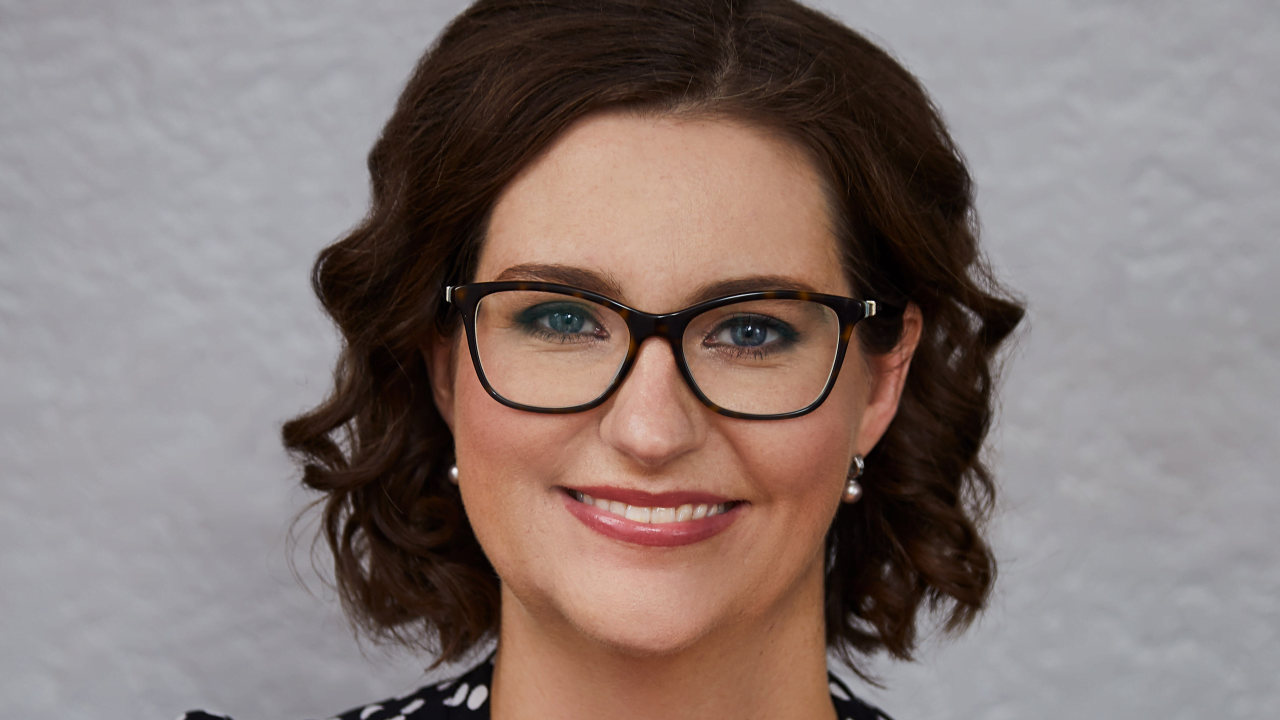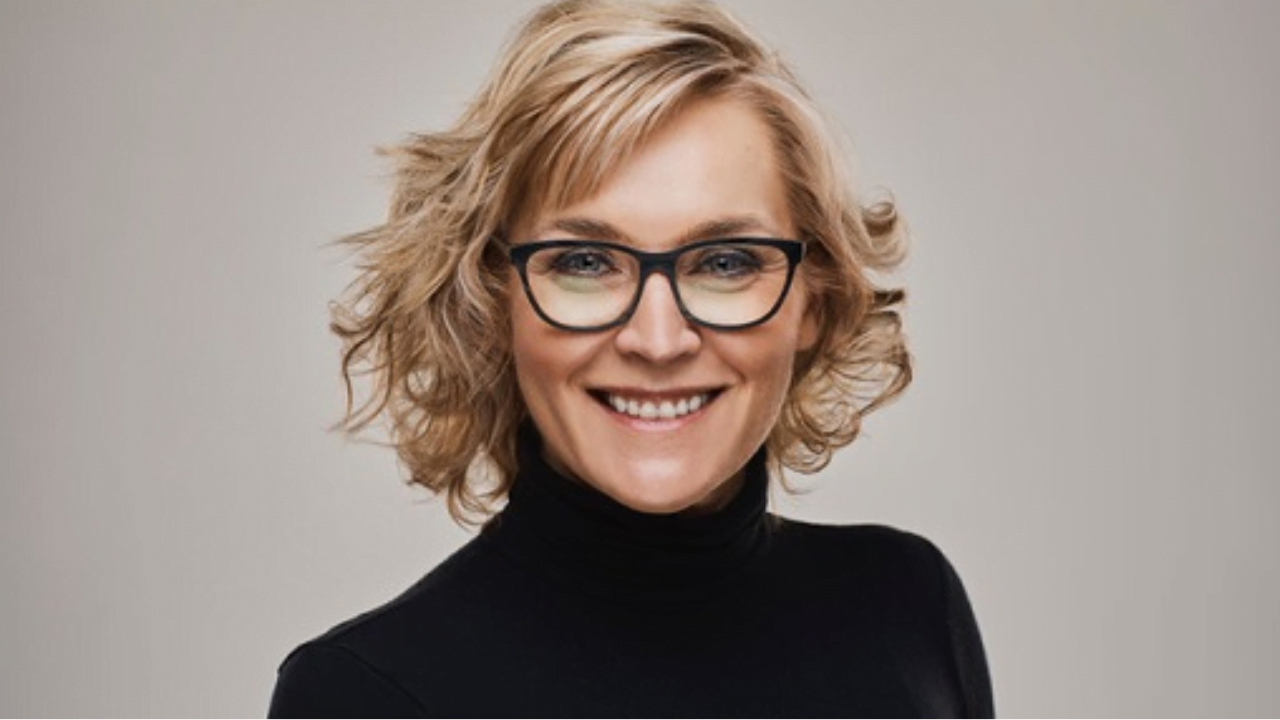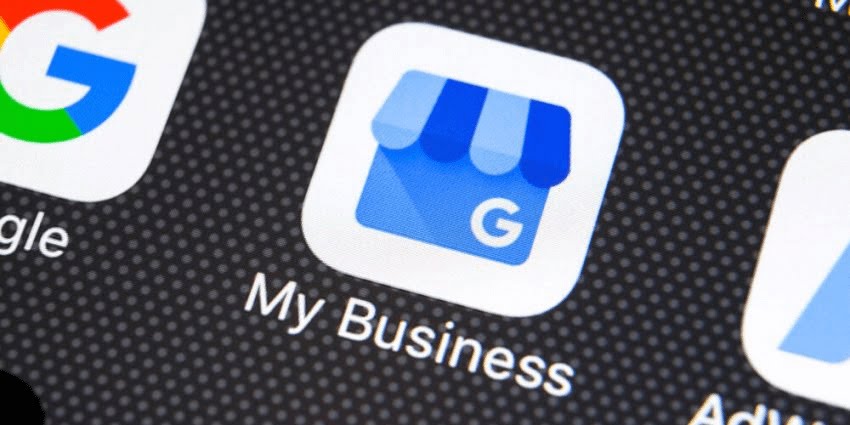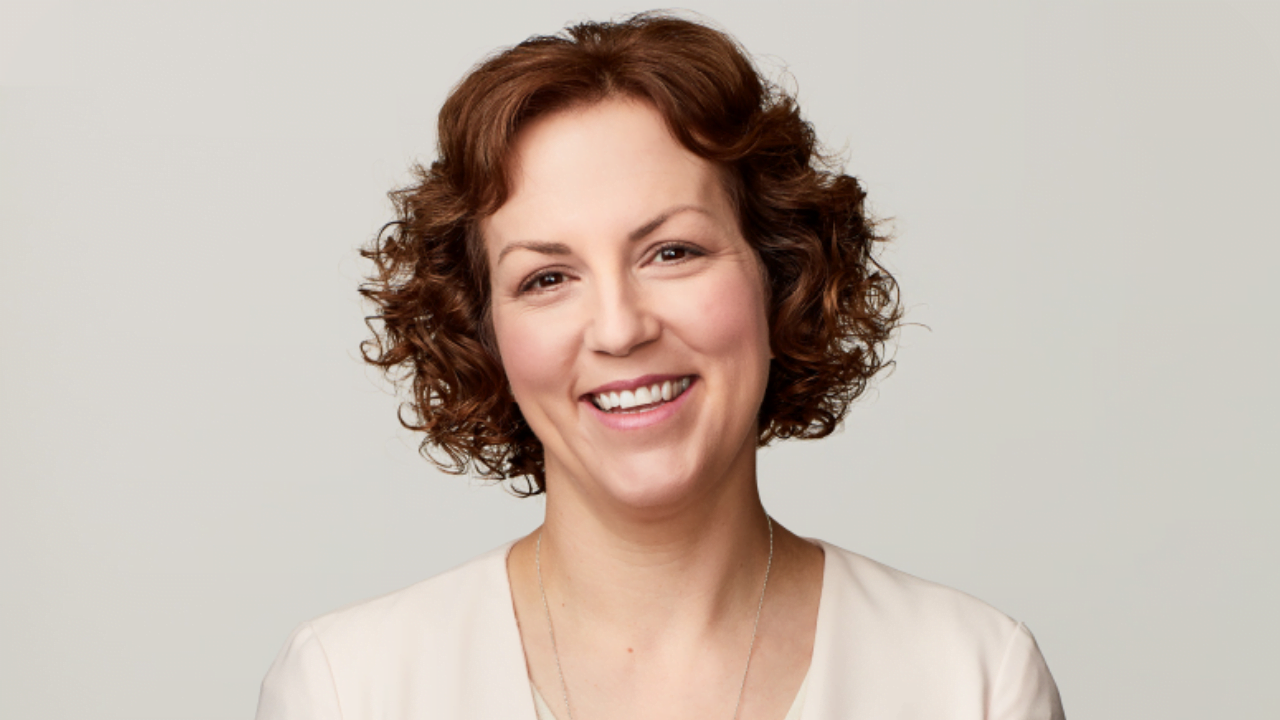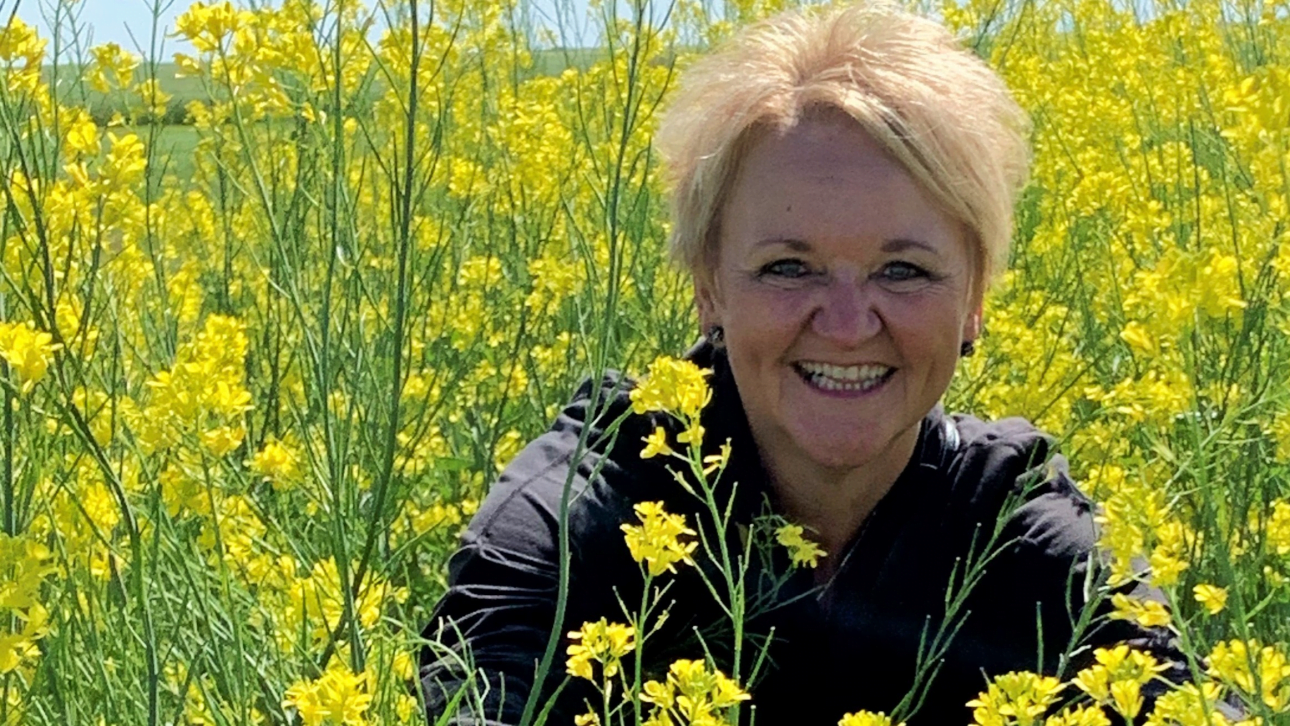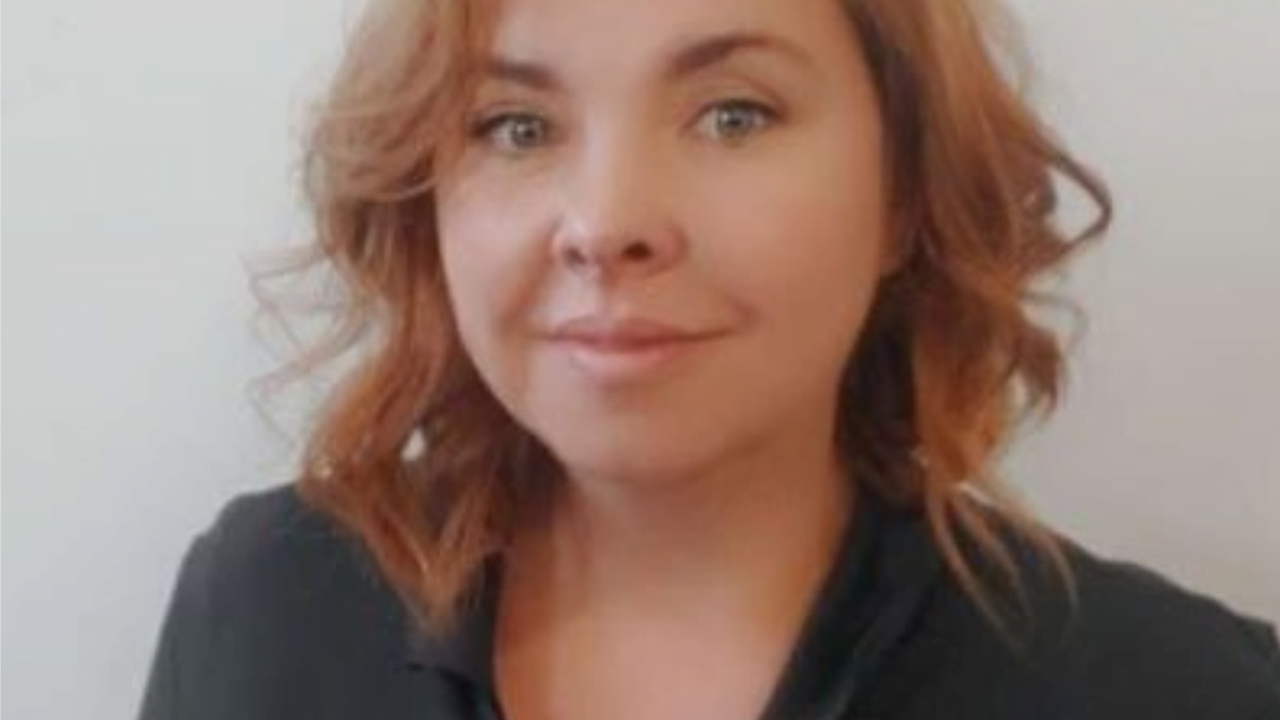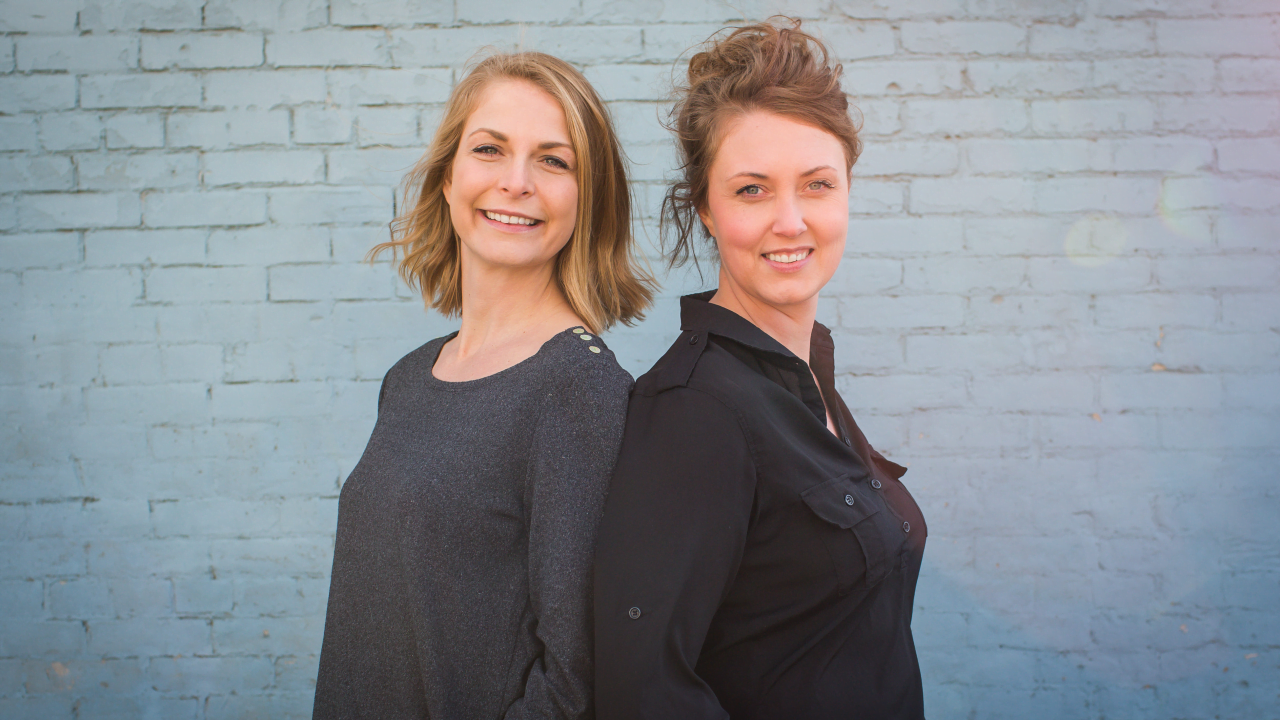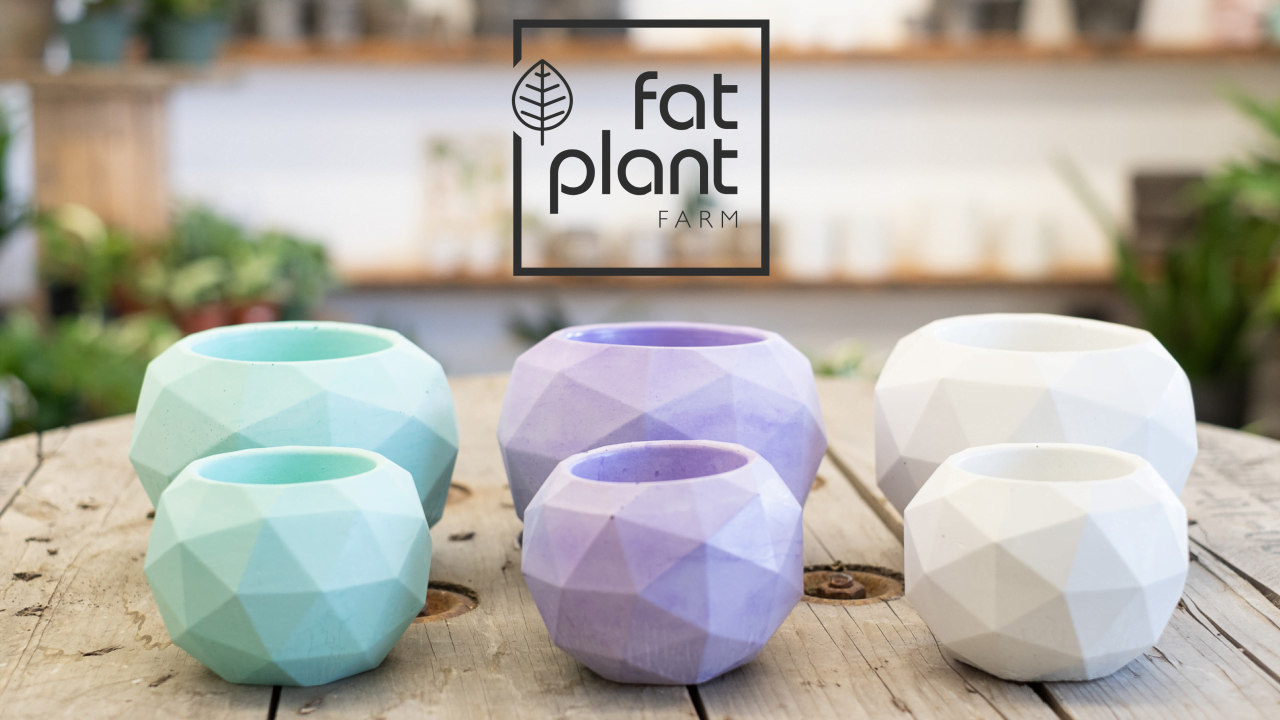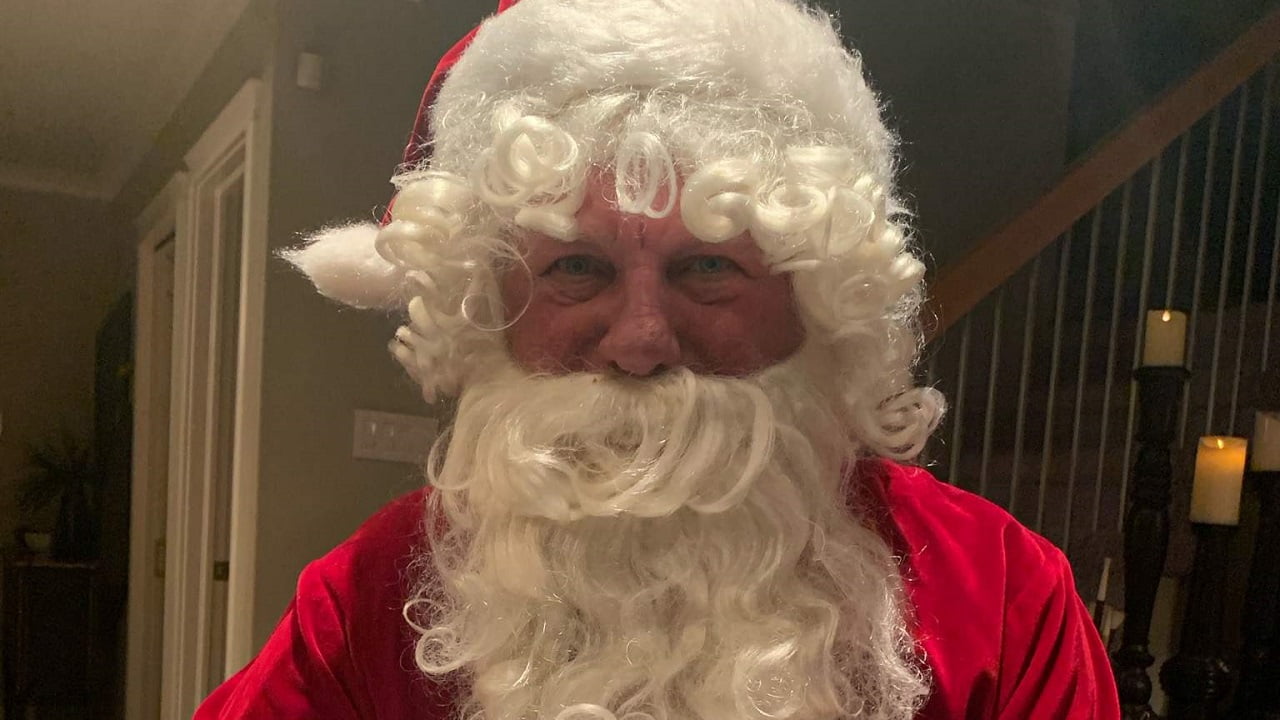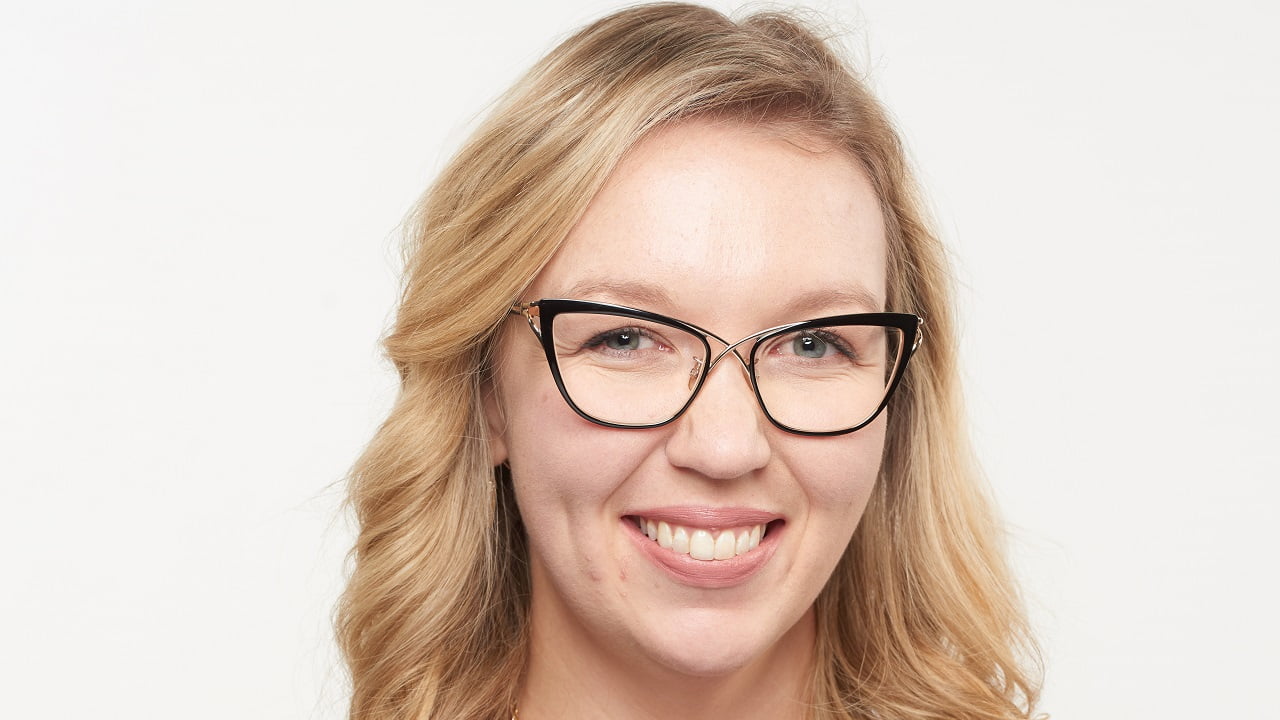Secret Life Ep. 61 with Heather Day from C.S. Day Transport
Barb McGrath 0:21Our guest today wears many hats. She’s a top notch chauffeur and enviable snack maker. And I think she’ll tell us just kind of as a hobby on the side, she’s the president of CSD transport, a third generation family business, CSA transports gas and diesel. You know, I’m not sure if it’s across western Canada, Canada or Saskatchewan, but she can tell us, the company started back in 1930. And on the side, they still toss a few groceries around as well. She’s active with the Saskatchewan Trucking Association and Canadian trucking Alliance. She’s leading the way in changes in this industry. Heather day joins us today as a nominee with the YWCA of Regina women of distinction as a female leader committed to creating a thriving and positive culture within her business and the industry. She’s an entrepreneur, a wife and a mom. Heather, thank you for being here. Heather Day 1:25Oh, thank you, Barb. Yeah. It’s lovely. Barb McGrath 1:30It’s a pleasure to have you here. So. So tell us a little bit about yourself, because you’ve definitely got a full plate. Heather Day 1:37Yes, yep. But I like it that way. So keeps me sane. So. So I grew up in Regina. And I guess my first foray into trucking was just as a kid, my sister and I would go out to the shop with my dad on weekends. And he would be doing payroll, and my sister and I, our job was just to kind of bounce around and mom was a nurse at the hospital. So he would sleep on weekends. So that was kind of how we were first introduced to just being around trucks and those wonderful sights and smells that go with diesel engines. And, and from there, as I got to be a bit older than sometimes I’d help out in the office during summer holidays, to provide some cover for the bookkeeper. But it was always just kind of part time and ducking in here and there just to lend a hand. And the business was still small enough at that point that I knew that, you know, when I finished high school or university, there wasn’t going to be a full time job available. But at some time, Dad was probably going to retire. And, you know, I was already kind of thinking about the possibility that that might be something that I wanted to do down the road. So in the meantime, took a completely different path. And I knew I had to lose a boat. I thought 35 years old and ended up being less than that. I had my own separate career as a high school music teacher and teaching over in London, England at that time, and I got a lot of really fabulous experience that a lot of people think, well, how does that relate to trucking, but we can get into some more of that later. But a lot actually carries over. So then when dad was ready to retire, then I bought the business from him. And with a business partner as well. And it was 2012 and just kind of dove in kind of face first. Barb McGrath 3:50That’s a good analogy. Hopefully, there was no faceplant along the way. Heather Day 3:55Oh, well, you know, a few bumps. But yeah. So yeah, it was certainly quite an adventure. At the start, you know, you’re just getting in. I already have a little bit of background, but just learning so much more of the details and the day to day operations. I have a little bit of awareness of some of the challenges. One of them, is that spacing, the whole industry is a driver shortage, which is going to come? Yeah, so that’s going to become fairly critical, probably in the next five to 10 years. We’re already seeing the impacts of it. And but yeah, that was one of the main ones. So just starting to get to work on that. How do we make sure that we’re an attractive place to work and and even broader than that, how do we make the industry attractive to people who maybe wouldn’t have considered it before? Just to make sure that there is that strong pool of drivers. Barb McGrath 4:57So let’s start there. Then, Heather, how Make the industry attractive to both men and women. Heather Day 5:04So that’s a great question because it is very male populated right now. And I think one of the things historically, is that the trucking industry hasn’t really talked about themselves very much. They’re very, I always think of it as being a very backstage industry. Behind the scenes, most people don’t think about how their groceries got to the shelves, or how the gas got to the gas station. Or all those fancy crafts supplies over at Michael’s. Barb McGrath 5:38Well, isn’t there like this magic pipeline underground? And it’s like the grocery fairies that bring them in? That’s what my kids think it is. They also think there’s fairies that clean up around here? Oh, yes, Heather Day 5:49Yes, we have the cleaning up ferried our house too. Yeah, but you know, and people don’t really think about it. And I kind of had that lightbulb moment when I was a kid, and you know, just because it was a family business. So there was actually it was pretty clear memory was probably about eight years old. And there was this huge Blizzard outside, like it was dark and blowing and drifting up against the patio doors. And we had hold all of our like a whole bunch of blankets down to the family room and kind of made a nest, watching movies and eating popcorn, and all kind of snuggled in cozy and warm. And then the phone rang. And, and so we hit pause on VHS and you know, dad went in the
